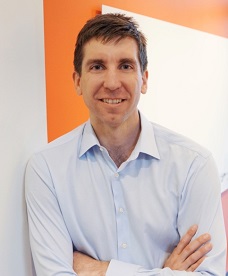If you search for the definition of the word oracle, a lot of interesting definitions come up. Here are a few I handpicked:
1. a) prophet: an authoritative person who divines the future. b) a prophecy (usually obscure or allegorical) revealed by a priest or priestess; believed to be infallible. c) a shrine where an oracular god is consulted.
2. In complexity theory and computability theory, an oracle machine is an abstract machine used to study decision problems. It can be visualized as a Turing machine with a black box, called oracle, which is able to decide certain decision problems in a single step.
3. A seer/psychic of great power. Uses objects like a Crystal Ball.
I think these definitions are pretty revealing into why people refer to Warren Buffett as the ‘Oracle of Omaha.’ While I doubt Buffett hides a crystal ball, talks regularly with deities or dons priestly garbs in his office, I do think Buffett is able to focus better than most investors on what really matters, and make complex decisions seem simple. His ability to assess a business’ prospects and buy stocks accordingly is why many people tag him as someone who can see the future.
Though, as he tirelessly relates: “It’s not rocket science.” At Steadyhand, we share this belief.
Buffett’s clarity of thought especially comes through when he talks or writes, and this is why I particularly enjoyed these Q&A videos I found on YouTube where Buffett fields questions from an MBA class.
Hope you enjoy!

